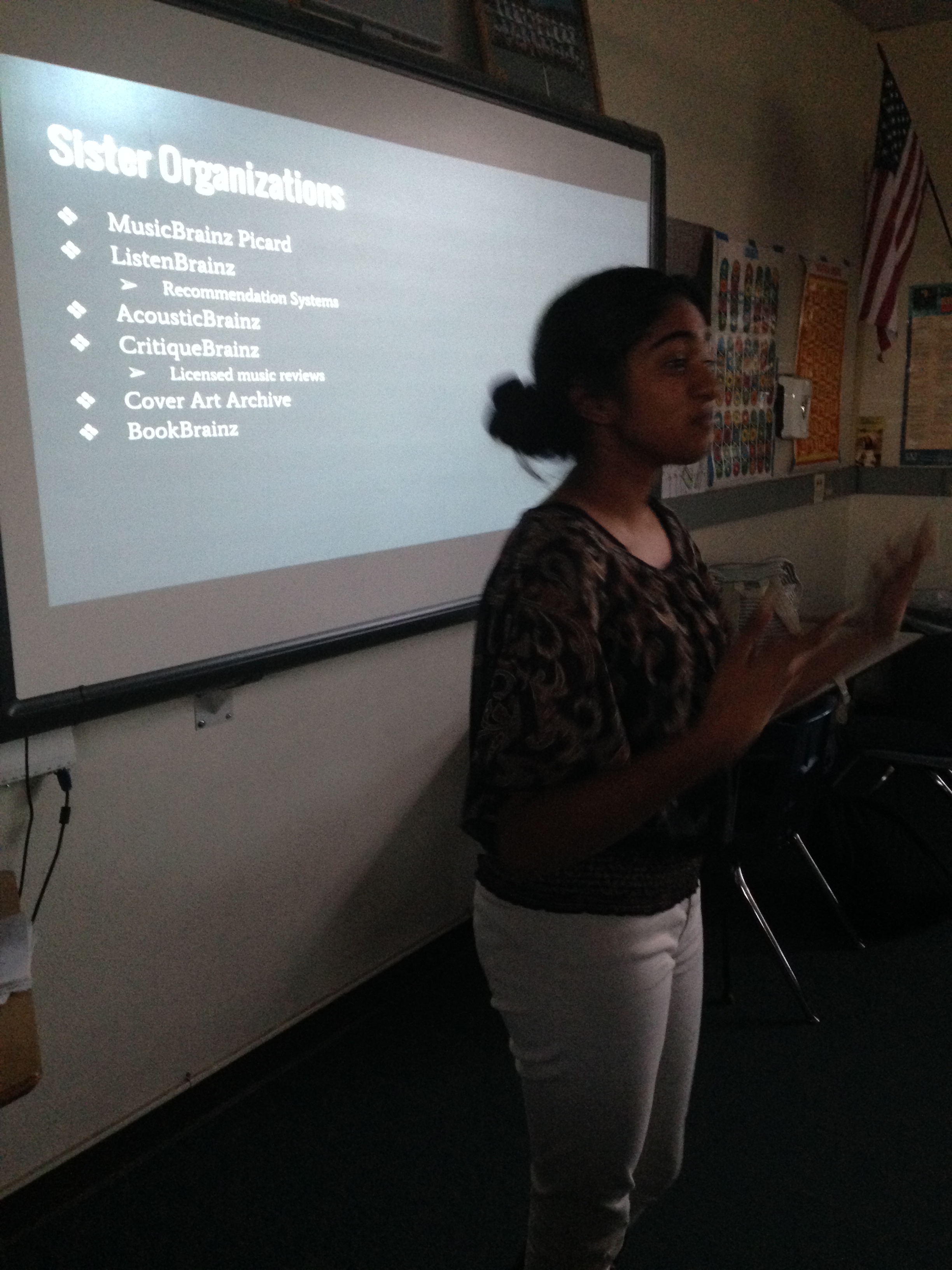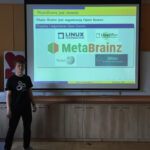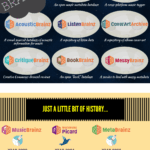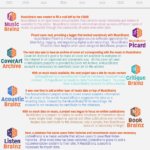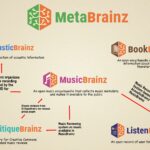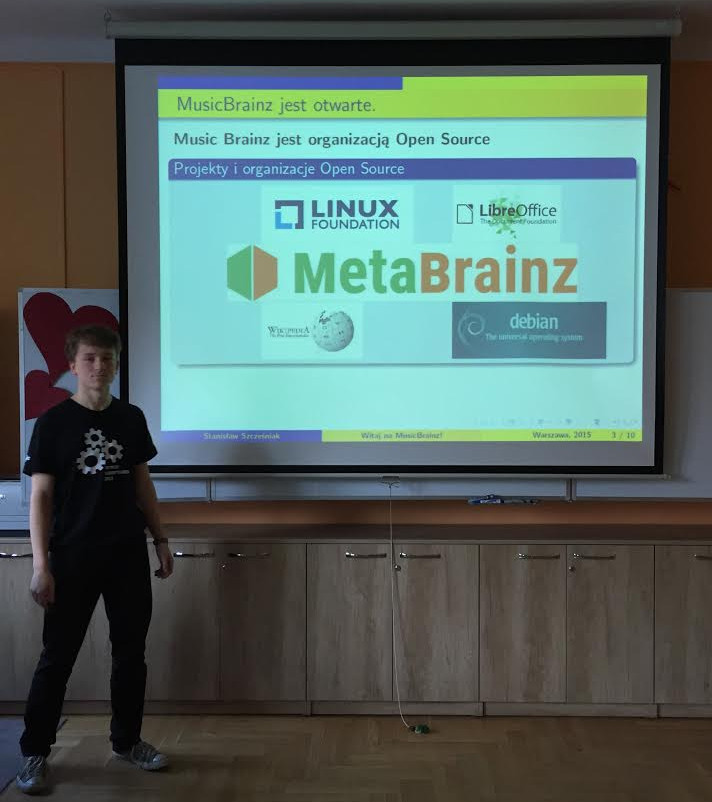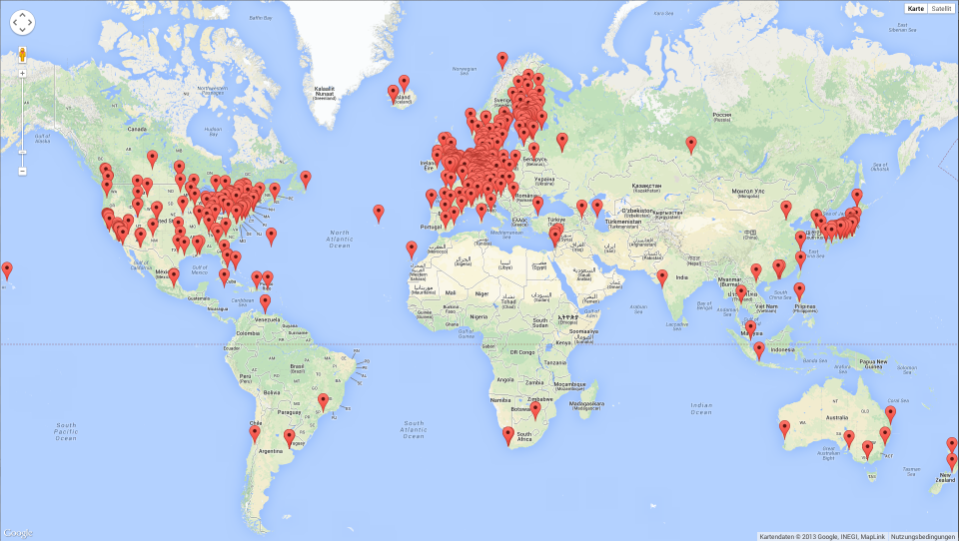Google announced the final list of Google Summer of Code 2016 students and their projects yesterday. The list of MetaBrainz’ projects can be seen at our page on the GSoC site, but just for good measure, here’s the rundown:
- MusicBrainz
- Jeff Weeks (weeksio) returns to finish up the SOLR search server. We’re really hoping that this will be the end of our current search server woes. He will be mentored by the German duo of Ulrich Klauer (chirlu) and Rob Kaye (ruaok).
- MusicBrainz Picard
- Rahul Raturi (rahulr) will be working on improving searching MusicBrainz from within Picard, mentored by MusicBrainz’ senior developer Michael Wiencek (bitmap).
- BookBrainz
- Max Prettyjohns (QuoraUK) is going to try and take on adding gamification to our fledgling book/literature database. He will be supervised by the BookBrainz project leads and lead developers Ben Ockmore (LordSputnik) and Sean Burke (Leftmost).
- ListenBrainz
- Pinkesh Badjatiya (armalcolite) has pledged to tackle adding a much requested feature for our youngest project: implementing a Last.FM compatible submission API. Robert Kaye (ruaok) will be the one guiding him along.
- AcousticBrainz
- Daniele Scarano (hellska) will be spending the summer writing a toolkit for creating datasets, which should help researchers using AcousticBrainz. He will be mentored by MetaBrainz software engineer Roman Tsukanov (Gentlecat).
- Kartik Gupta (kartikgupta0909) has set out to create an offline client for computing AcousticBrainz dataset evaluations. Alastair Porter (alastairp), the AcousticBrainz project lead, will be their mentor.
- Goran Cetusic (cetko), our final student of this year, will be exploring how AcousticBrainz data can be utilised within Google’s BigQuery storage under the guidance of Alastair Porter.
Congratulations and good luck to all our students! We’re looking forwards to following your progress over the summer and see what you end up with. 🙂
For all the students that applied but did not get accepted: we appreciate your applications, and even if you did not make the cut this year, we hope that you will stick around and apply with us again next year when we know you better – and you know us better.
For now, let the community bonding… begin! 🙌


